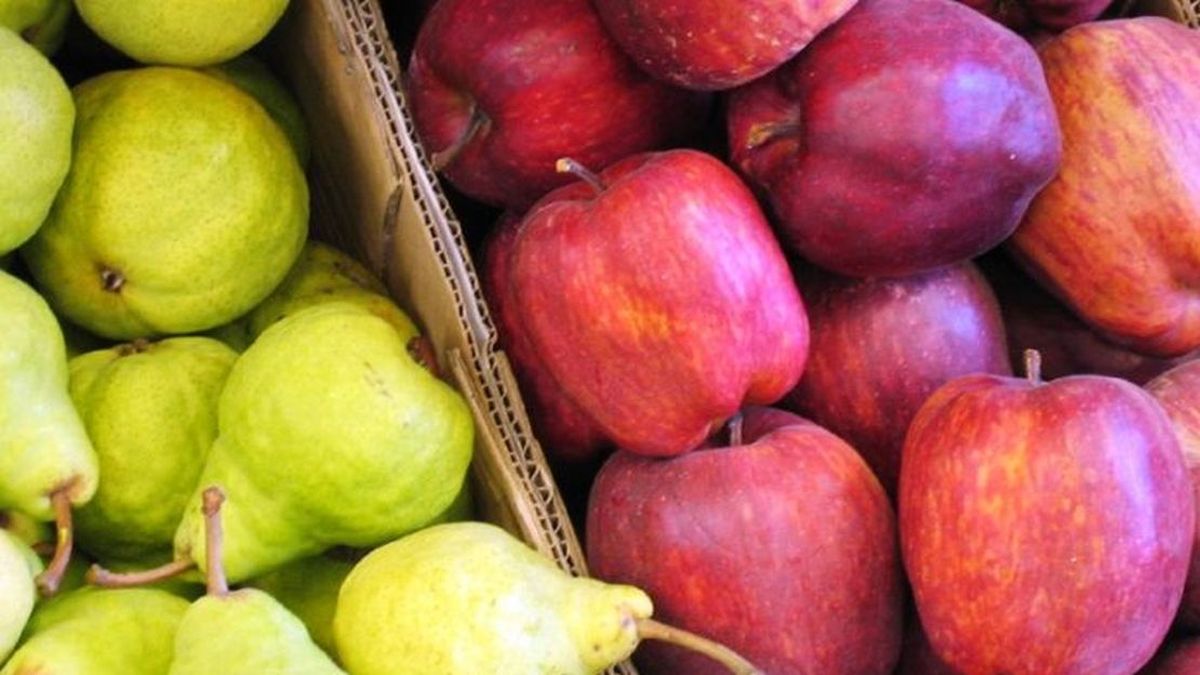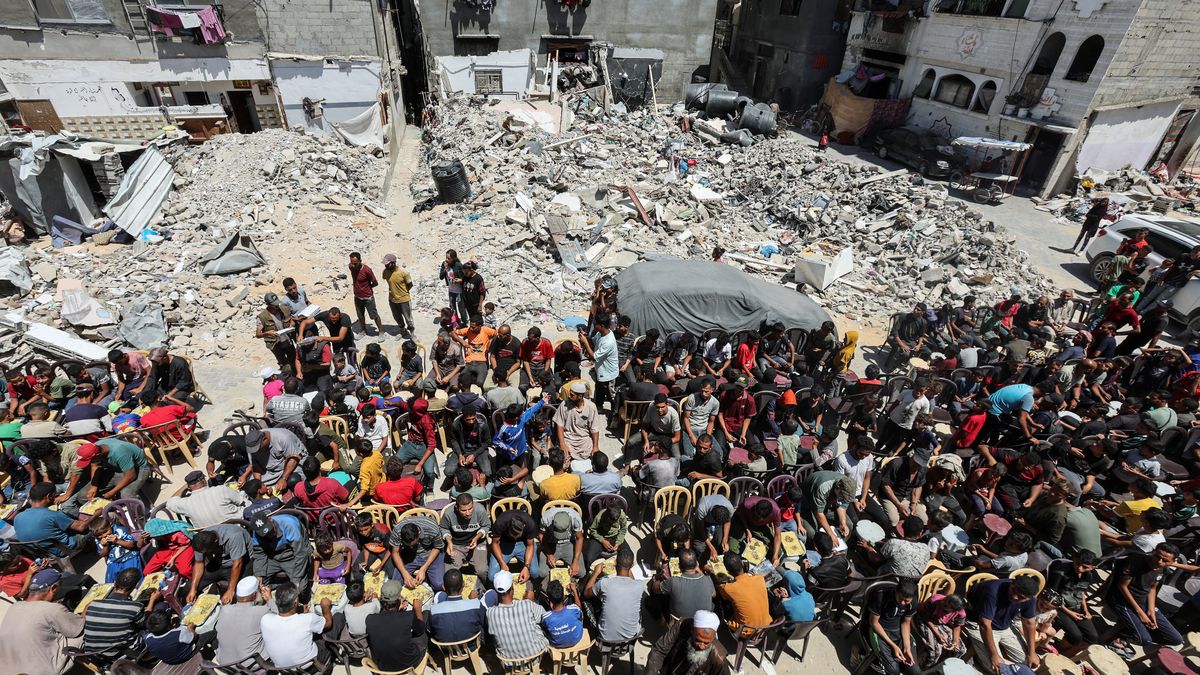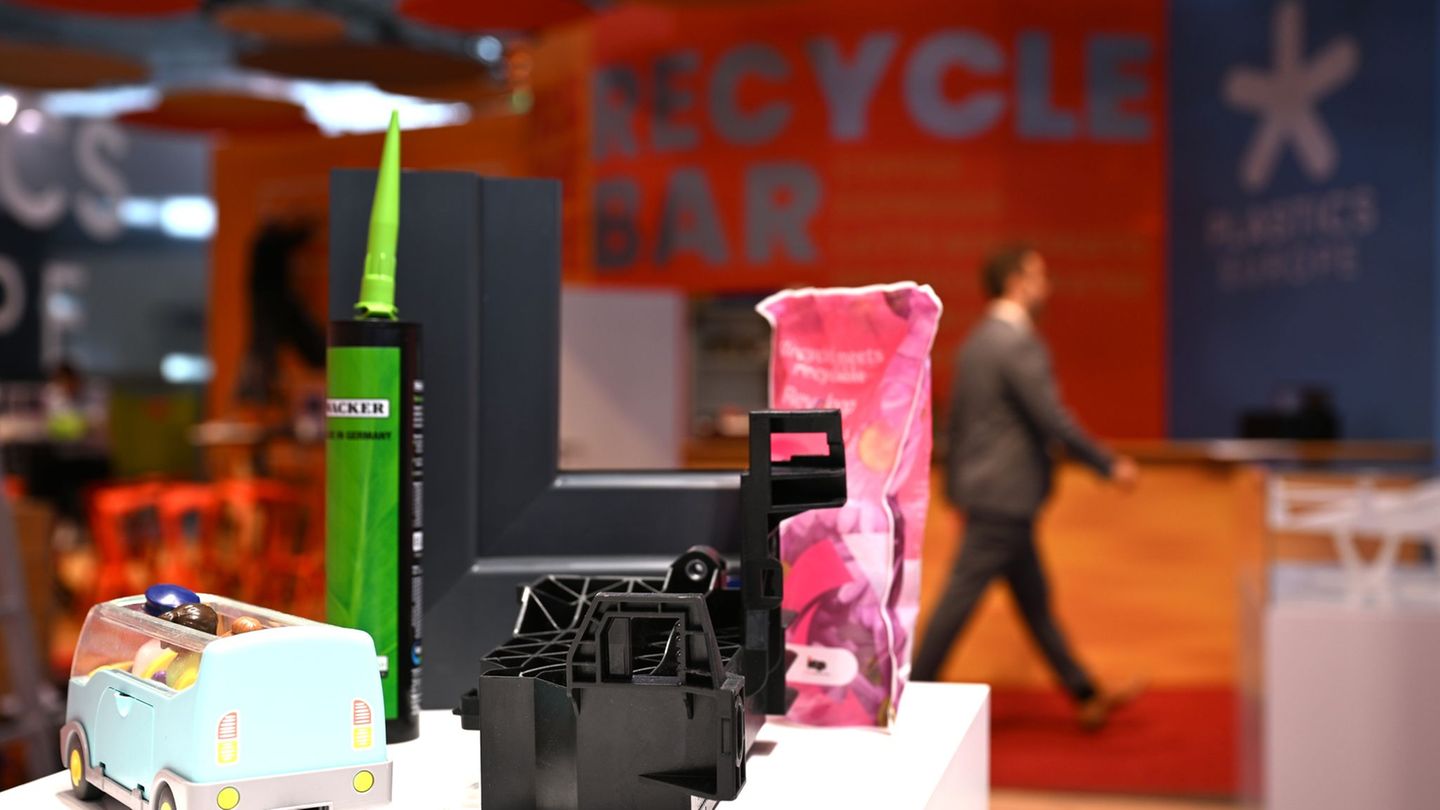Currently, in the midst of the different elements that make up the Argentine exchange system, with multiple dollars and stocks to take care of foreign currency reserves, producers sell for $180 abroad. They affirm that this value is not enough to cover the costs.
Just as the soybean dollar was for agricultural producers to speed up the liquidation of the harvest, and as the Malbec dollar was for wines later, pear and apple producers are asking for the differential dollar at $350 to export.
In general, it is a request from several regional economies that are going through a crisis situation and that a good part of their income depends on exports.
According to the producers, an exchange rate of $350 will allow producers to obtain a profit of up to $80 per kilo, while currently they do not exceed $25.
The “Fruit Contracting Table” de Río Negro set the production cost of pears and apples at 0.37 US cents, within the framework of a report from INTA’s Alto Valle Experimental Station (EEAV), the provincial Fruit Growing Secretariat reported this week.
The INTA accountant, Adalberto Santagni, presented the report and the calculation of the cost of production, taking into account different variables and increases corresponding to the 2022/23 apple and pear fruit season.
In turn, the head of the Federation of Fruit Producers of Río Negro and Neuquén, Sebastián Hernández, conveyed to the members of the table the position taken together with the chambers of producers.
According to the report prepared by INTA, the farmer “proposed the production cost value corresponding to yields of 36,000 kg/ha for apples and 41,000 kg/ha for pears.”
Thus, the members agreed to set a value of 0.37 US cents as production cost for pears and apples.
Within this framework, the secretary of fruit growing for Río Negro, Facundo Fernández, said that “INTA’s technical analysis is very solid” and that “production costs differ according to planting models and density of cultivated areas, cost increases are very high,” he said.
“We have to continue working both on structural changes and on systematized anti-hail and irrigation meshes, as well as on a differential exchange rate for fruit growing,” he added.
In addition, the meeting was attended by the undersecretary of Fruit Growing, Pablo de Azevedo; legislators Elvis Cides, Marcela Ávila and Ignacio Casamiquela; and on behalf of INTA, the director of the Alto Valle Experimental Station, Darío Fernández and the Agricultural Engineer, Andrea Rodríguez.
Source: Ambito
David William is a talented author who has made a name for himself in the world of writing. He is a professional author who writes on a wide range of topics, from general interest to opinion news. David is currently working as a writer at 24 hours worlds where he brings his unique perspective and in-depth research to his articles, making them both informative and engaging.




